Followers of the meat-only diet often report health benefits at first because they leave out unhealthy foods from their previous diet. In addition to avoiding processed foods, avoiding inflammatory plant foods like grains, legumes, nightshades, and high oxalate foods (and the like) undoubtedly can be beneficial for health. However, a high-meat diet can start to show its side effects after a while – like many followers report!
Seven good reasons to avoid the carnivore diet
Learn why the carnivore diet mismatches our biology in the first place and how to avoid inflammatory plant foods with another approach than the carnivore diet – by sticking to our proper dietary biology!
1. Humans are not biological carnivores
Let’s address the pink elephant in the room first: a carnivorous diet is the natural diet of biological carnivores. Humans are not biological carnivores. We are biological frugivores. Most of us do not like raw meat like carnivores do. We naturally feel repulsed even to see others eating it! Read about typical carnivore adaptations here.
Humans can eat meat. However, we are not adapted to a high-meat diet. To understand why, let’s have a look at our closest living relatives, the chimpanzees:
Chimpanzees are genetically, anatomically, and physiologically very similar to humans – also in terms of diet. What do chimpanzees eat? Chimpanzees’ preferred food is fruit, which makes up around 70% of their diet. The rest is nuts, greens tubers, and other plant foods. Animal foods – mainly insects and eggs – make up a small portion of around 6%. And vertebrate meat (like smaller monkeys) is only eaten very rarely! Some populations and individuals have not been observed eating meat!
Chimpanzees are categorized as frugivorous omnivores, and in scientific literature, they are referred to as frugivores – specialized fruit-eaters! In short, chimpanzees are biological frugivores – and so are humans!
Expand pics by clicking!
Why do humans eat so many different types of meat-heavy diets? Humans eat omnivorous diets due to our history and cultural background: We need to survive in colder climates when migrating out of tropical habitats! Cooking enabled us to turn – otherwise inedible – non-foods into edible survival foods. Only tropical forests can sustain larger frugivores throughout the year. Read more here.
Not convinced yet? Maybe the following genetic fact does:
2. Carnivores synthesize their own vitamin C. Humans do not!
We have a fascinating physiological signal that speaks clearly against carnivory in humans: we have lost our vitamin C genes, while carnivores have not! Read our full article on the GULO pseudogene in humans and frugivores here.
Vitamin C is an essential nutrient for humans. This means we need to obtain it from food. Across animal species, only those with a high-fruit diet do not produce vitamin C themselves! Carnivores do synthesize vitamin C internally because their diet does not contain sufficient vitamin C.
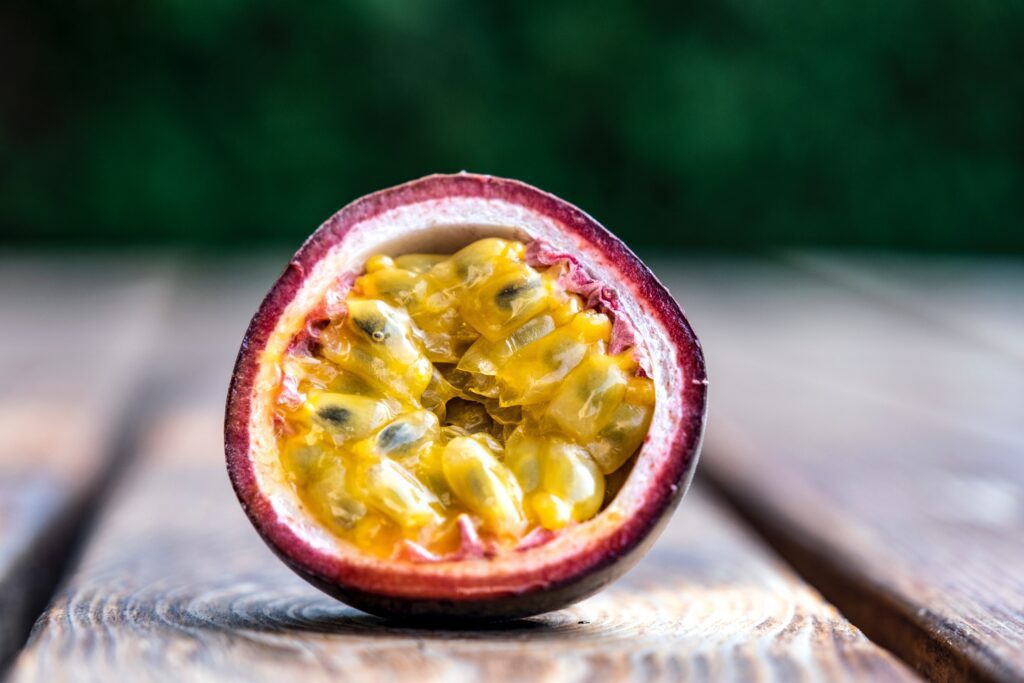
If this did not convince you, maybe the stress a high-meat diet puts on the kidneys does:
3. Human kidneys are not equipped for that much protein!
The human kidneys are not adapted to process the amount of protein in a high-meat diet. The trend of high-protein diets is highly damaging to kidney health, even in people with no previous kidney issues!
“…it is time to unleash the taboo and make it loud and clear that a high-protein diet is not as safe as claimed, as it may compromise kidney health…”
Kalantar-Zadeh et al., (2020)
Our ancestors avoided excess protein by choosing meat high in fats while avoiding lean meat (read more here). Humans kidneys are not adapted to excrete the amount of urea that carnivores do! Not surprisingly the kidneys of different dietary types (carnivores, omnivores, herbivores) are different in their urea permeability proportional to their natural meat intake (Liu et al., 2010).
On a meat-heavy diet, not only is getting too much protein a problem for our kidneys, but also getting too little fiber is to our disadvantage, as a recent nature-published study concludes:
“Patients with CKD (chronic kidney disease) had insufficient vegetable and fruit intake and a lack of β carotene and dietary fiber from vegetables and fruits.”
Nakano et al., 2022
4. Raw meat is not naturally appealing or safe for humans.
Carnivorous animals naturally have the instincts (and anatomical adaptations) to hunt, kill, and eat their meat raw. Humans do not. Most of us are offended to see an animal being killed and are disgusted to see someone eating raw meat, let alone feeling appealed to eat raw meat themselves!
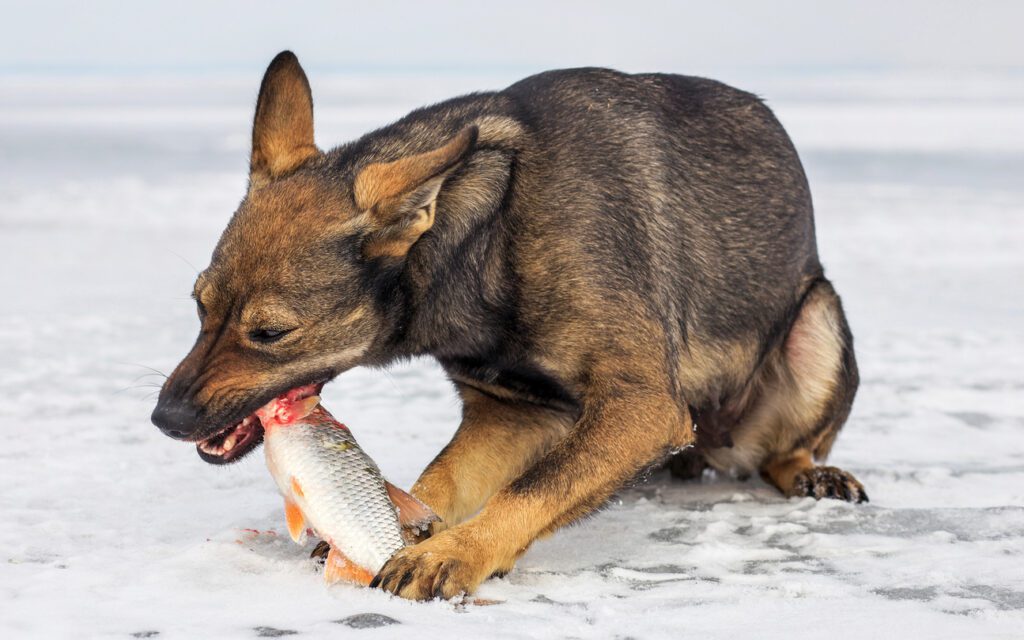
But what about the Inuits? Inuits are cold-indigenous people who traditionally survive on meat. They consume their meat raw. This practice helped to obtain important nutrients that are lost due to heating. Raw organ meat even provides vitamin C! Inuits are also known to eat meats with a high fat content, which ensures enough energetic macronutrients and lowers the amount of protein (see below)!
However, is raw and bloody organ meat or raw, fatty meat really what humans would instinctually eat in nature?
This question is pivotal to answering the question of whether humans naturally are meat-eaters. is raw meat instinctually what humans would prefer as their food source in nature? Or is this survival food? I tend towards the latter, due to our natural instincts and the low life expectancy of Inuits when living on a traditional diet.

Humans do not naturally feel appealed by raw meat! We need to clean, process (heat), and season it to make it palatable! Humans have evolved to be appealed by sweet taste – an adaptation that hypercarnivores (obligate carnivores) do not have!
Besides the instinctual approach, there is also a safety signal indicating that we are not optimized for eating meat: Raw meat is not really safe for humans!
All animals in the wild eat their food raw. Everything that has to be cooked to be edible and appealing is not our natural food. (Read more about why we do not need cooked foods and why our natural diet is still raw here!)
This has a good reason: raw meat is not safe for humans to eat. We do not have the immunity against meat-borne diseases that carnivores naturally have. Humans have culturally developed many ways of turning raw meat safer, like fermenting it or using natural antimicrobial agents like salt, acids, and seasoning. However, biologically, we are not well equipped as meat-eaters, which is why we prefer cooked meat.
5. Gout and scurvy revival on the carnivore diet
Gout and scurvy are two well-known dietary diseases that certainly could become a problem on a carnivore diet:
“Scurvy is back” is the title of this recent study, which raises awareness of the forgotten, ancient vitamin C deficiency disease. The comeback of scurvy results from a decrease in fresh food intake, especially in low-income parts of the populations in colder countries. However, the carnivore diet is certainly a potential candidate for a spike in scurvy. This is the reason for the newest movement within the community: the “meat and fruit” diet.
Fruits bring missing nutrients into the diet without adding the unwanted anti-nutrients (see below). However, this improvement is merely an attempt to mitigate the damage of a meat-only diet! Simply adding fruit will not eliminate the health risks of this diet because the sheer amount of meat alone is detrimental. This brings us to gout, another ancient dietary, meat-related disease:
Gout is a type of arthritis (accumulation of uric acid crystals) that has been well-known to be linked to a high meat intake. Gout is a combination of genetic predisposition for the condition, decreased kidney efficiency to excrete uric acid, and dietary intake of uric acid-forming foods (meat!). Meat is a double whammy in the development of gout, as the protein load negatively impacts kidney functions!
6. The ketogenic metabolism is not meant for long-term
The carnivore diet is a ketogenic diet – a very low-carb diet. The main issue with any ketogenic diet is that the energy production from fat is our back-up program under stressful condition – starvation!
Undoubtedly short-term periods of activated ketogenic metabolism, during fasting, are highly beneficial for regenerative processes. However humans have not evolved to run on the energy of fatty acids (ketogenic metabolism) long-term. Humans – as frugivores – are adapted to primarily run on simple sugars obtained from fruits!
Ketogenic diets, like the carnivore diet, force the body to produce glucose for the brain. Even on no-carb diets certain level of glucose are always maintained by the body! The process of synthesizing glucose – called gluconeogenesis – requires the stress hormone cortisol! In simple words: ketogenic diets cause a stress response in the body!
“On a truly traditional diet, says Draper, recalling his studies in the 1970s, Arctic people had plenty of protein but little carbohydrate, so they often relied on gluconeogenesis. Not only did they have bigger livers to handle the additional work but their urine volumes were also typically larger to get rid of the extra urea.”
www.discovermagazine.com
While ketogenic diets were praised as a panacea in the last decade or so, critical voices from the scientific field are finally getting louder: ketogenic diets are not safe!
“The ketogenic diet… may cause hyperlipidemia, vitamin and mineral deficiencies, fatigue, and kidney damage, among other complications. Increased acid production from a ketogenic diet may cause metabolic acidosis and related issues… people with chronic kidney disease and those without prior kidney problems are experiencing a decline in kidney function.”
Ayele et al., 2023
This is no surprise, given our evolutionary dietary background: frugivores are not meant to eat a carnivorous diet! Once more, simplicity is the ultimate sophistication.
When will nutrition science start to consider our evolutionary anatomy and physiology as tropical apes?
7. Tropical fruits as our primary natural food source beat meat!
One (very valid) argument of the carnivore diet proponents is that plants contain toxins, so-called anti-nutrients, to protect themselves from predators. This is true and is a problem in modern diets, which contain many foods that humans have not evolved to eat.
But are the potent chemicals produced by plants all bad? No, some compounds are even beneficial for health.
Do all plant parts contain toxic secondary metabolites? No, not all plant parts contain harmful secondary metabolites! Edible fruits are chemically friendly to humans! They do not contain harmful secondary metabolites, and especially tropical fruits are our primary evolutionary fruits because of our frugivorous ancestry.
Fruits do not contain the substances that the carnivore diet proponents warn us of. This is gaining importance in the light of humans being high-fruit creatures, which – unlike herbivores – have not evolved to live off green plant parts – and ingest higher amounts of other plant parts than fruits!
Why do some plant foods contain harmful or beneficial compounds? It all boils down to the question: are you a friend or foe?
Plants communicate via chemical cues. Some cues are repelling to herbivores, which are self-protective chemicals. We recognize this as an unpleasant bitter taste. Some cues are highly toxic to consumers. However, some cues are appealing, like the smell of flowers – and of fruits! Why? Because the plant has the same goal as animals: survive and reproduce!
- If you are the plant’s evolutionary friend, it attracts you: If you are the plant’s beneficial mutualist, you help the plant spread its seeds or pollinate. Fruit-consuming animals (including humans) are seed dispersers that help plants’ progeny reach new locations to grow. Plants attract helpers, like pollinators or seed-dispersers with beneficial molecules, nutrition, and chemical cues. It is an evolutionary dance between plant and fruit eater called “dispersal syndrome,” where the fruit is shaped in its taste and appearance to the preference of its seed-disperser.
- If you are the plant’s evolutionary foe, it attacks you: If you are its harmful predator, you eat away from its vegetative parts, from the green parts, or even eat the whole plant. Plants warn, put off, or even poison the consumer, which damages them with anti-nutrients and toxins.
The carnivore diet proponents are undoubtedly right in their argument that plants protect their vegetative parts (greens, roots) and their progeny, the seeds (grains, legumes), which are detrimental to health. In those plant parts, we find all sorts of bioactive, potent phytochemicals! But this is not true for our evolutionary foods, especially tropical fruits. To avoid the harmful components, we do not need to consume a carnivorous diet, but instead, look to our biological adaptations, which are those of specialized fruit-eaters!
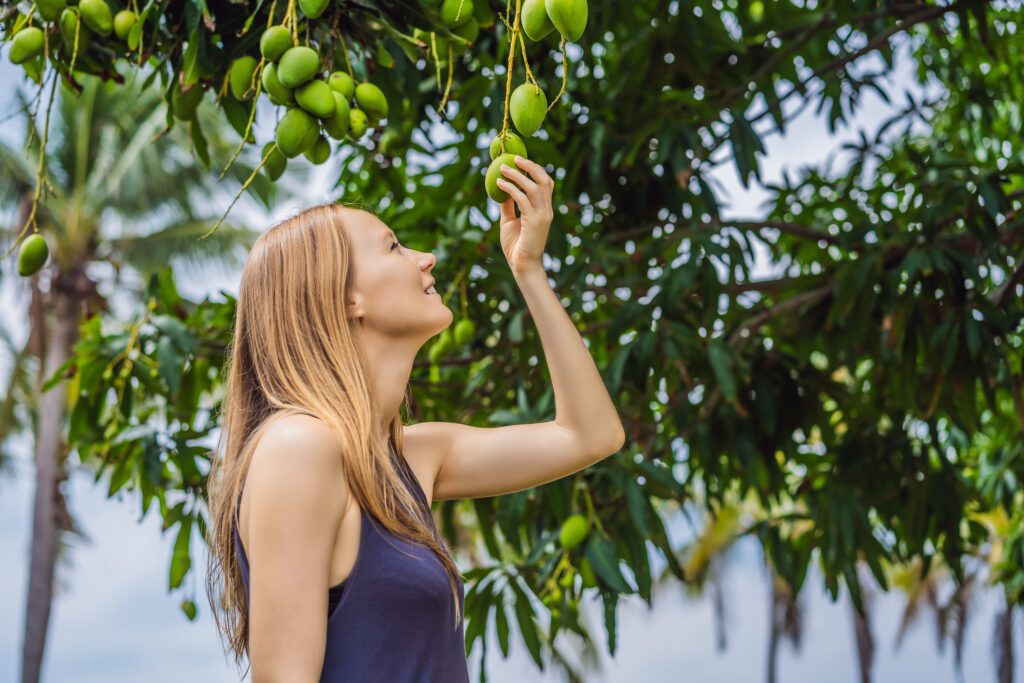
Fruits that have co-evolved with humans do not produce the secondary plant metabolites that protect them from herbivores. So why are some types of fruits toxic? Because they have evolved with other seed-dispersing animals, like birds!
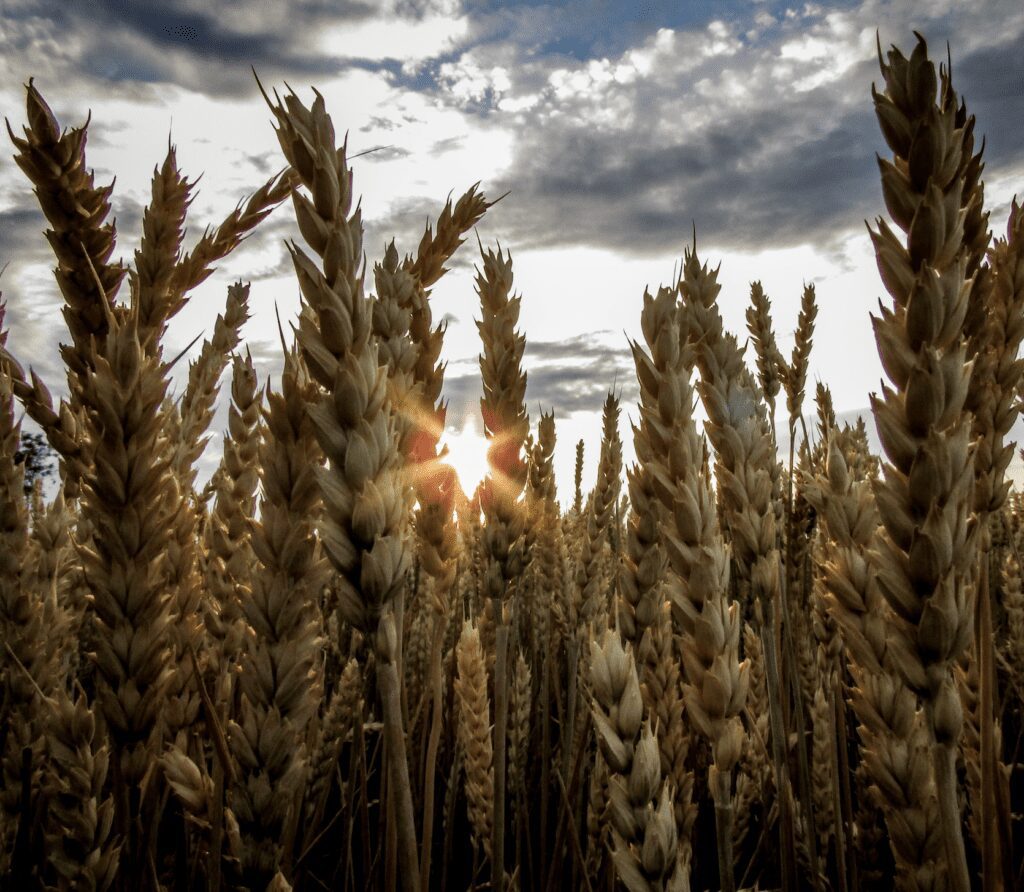
Seeds contain the embryos of the plants, which contain the most potent infamous anti-nutrients as protection from predators. Grain-eaters (granivores) contain special tolerance to those compounds – but humans do not! Grains and legumes are known to be inflammatory – not only by the carnivore diet community – for a good reason (read more here)!
Read more about the biological suitability of foods here.
Conclusion: The carnivore diet is not suitable for humans.
Biology does not lie and shows us on many levels that the carnivore diet is not suitable for humans.
However, the idea of avoiding harmful phytochemicals found in many plant foods per se, is certainly plausible and health-promoting. To understand this conflict, we need to know about our dietary biology, which is that of highly frugivorous (fruit-eating) tropical apes!
Fruits do not contain the plant compounds that the carnivore diet followers strive to avoid! A diet high in tropical fruits – a frugivorous diet – is the evolutionary sound alternative to the carnivore diet! If this has sparked your interest, read what the human version of a frugivore’s diet looks like.
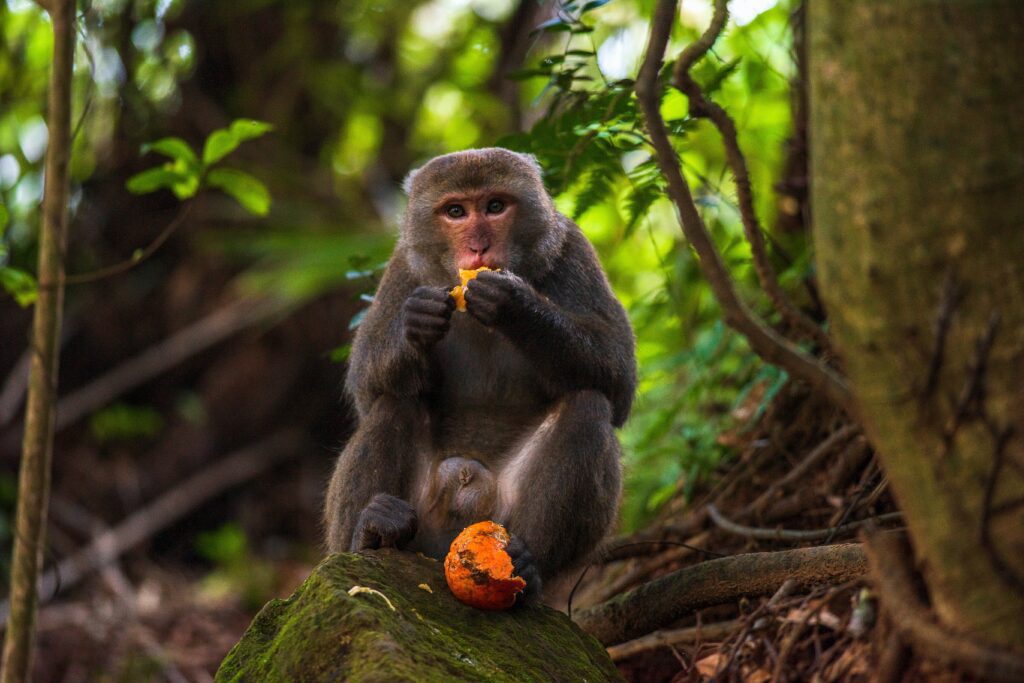
If you are new to this, visit our overview about frugivores and frugivory here!
References
- B. S. Lennerz, J. T. Mey, O. H. Henn, D. S. Ludwig, Behavioral characteristics and self-reported health status among 2029 adults consuming a “carnivore diet.” Current Developments in Nutrition. 5, 5012005 (2021).
- G. Drouin, J.-R. Godin, B. Page, The genetics of vitamin C loss in vertebrates. Current Genomics. 12, 371–378 (2011), doi:10.2174/138920211796429736.
- K. Kalantar-Zadeh, H. M. Kramer, D. Fouque, High-protein diet is bad for Kidney Health: Unleashing the Taboo. Nephrology Dialysis Transplantation (2019), doi:10.1093/ndt/gfz216.
- L. Liu et al., Erythrocyte permeability to urea and water: Comparative study in rodents, ruminants, carnivores, humans, and birds. Journal of Comparative Physiology B. 181, 65–72 (2010), doi:10.1007/s00360-010-0515-5.
- Nakano, T. et al. (2022) ‘Low intake of β carotene and dietary fiber from vegetables and fruits in patients with chronic kidney disease’, Scientific Reports, 12(1). doi:10.1038/s41598-022-24471-4.
- P. Gadsby, The Inuit paradox. Discover Magazine (2020) (available at https://www.discovermagazine.com/health/the-inuit-paradox).
- Life expectancy in the Inuit-inhabited areas of Canada, 1989 to 2003 – Findings. Health Reports: Life expectancy in the Inuit-inhabited areas of Canada, 1989 to 2003 (available at https://www150.statcan.gc.ca/n1/pub/82-003-x/2008001/article/10463/4149059-eng.htm).
- C. A. Callus, S. Vella, P. Ferry, Scurvy is back. Nutrition and Metabolic Insights. 11, 117863881880909 (2018). (available at https://pubmed.ncbi.nlm.nih.gov/30479485/).
- G. Ragab, M. Elshahaly, T. Bardin, Gout: An old disease in new perspective – A Review. Journal of Advanced Research. 8, 495–511 (2017), doi:10.1016/j.jare.2017.04.008.
- K. Milton, Nutritional characteristics of wild primate foods: Do the diets of our closest living relatives have lessons for us? Nutrition. 15, 488–498 (1999), doi:10.1016/s0899-9007(99)00078-7.
- S. Watanabe, A. Hirakawa, S. Aoe, K. Fukuda, T. Muneta, Basic ketone engine and booster glucose engine for Energy Production. Diabetes Research – Open Journal. 2, 14–23 (2016), doi:10.17140/droj-2-125.
- L. R. Engelking, Gluconeogenesis. Textbook of Veterinary Physiological Chemistry, 225–230 (2015), doi:10.1016/b978-0-12-391909-0.50037-2.
- N. Helms, Is the keto diet safe? what are the risks? University Chicago Medicine (2023) (available at https://www.uchicagomedicine.org/forefront/health-and-wellness-articles/ketogenic-diet-what-are-the-risks).
- Ayele, G.M. et al. (2023) ‘Is losing weight worth losing your kidney: Keto Diet resulting in renal failure’, Cureus [Preprint]. doi:10.7759/cureus.36546.
- Plant toxins. The Carnivore Diet Coach (available at https://www.thecarnivoredietcoach.com/plant-toxins.html).
- K. Valenta, O. Nevo, The dispersal syndrome hypothesis: How animals shaped fruit traits, and how they did not. Functional Ecology. 34, 1158–1169 (2020), doi:10.1111/1365-2435.13564.


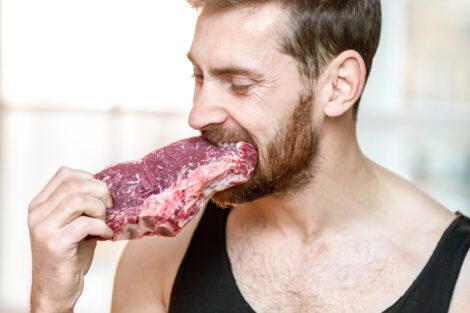

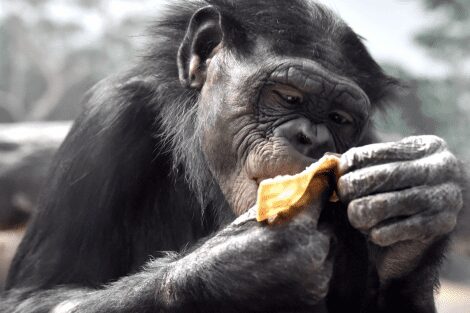
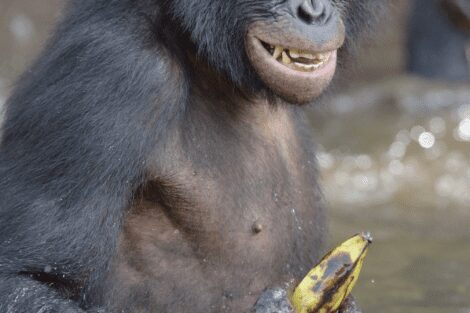
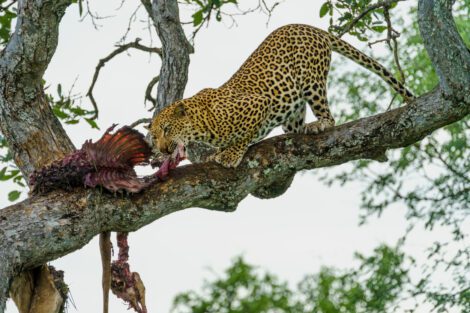
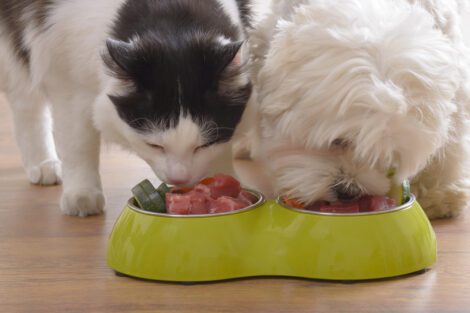
Have you had any experience with a solid fruit diet? Several years on Carnivore have not had and negative effects. Just like anything else, you have to “Listen to your body” and make adjustments so you don’t starve yourself. Add fats when you have none left etc…
Hi Randy. Thanks for sharing. I have never tried a fruit-only (fruitarian diet), as I do not think that fruit alone is providing everything we need. But, I have been on a frugivore diet, which is basically fruit-based, raw, and includes also nuts and greens. Read more on what fruitarian vs. frugivore is here to understand why one works and the other most likely does not in the long run (only for cleansing). It’s a substantial difference in nutrition and dietary concepts.
I have to say that right now, I cannot stick 100% to a frugivore diet because I do not live in the tropics, which forces me to use fallback (or survival) foods, depending on the fruits I can access. In this regard, I listen to my instincts, just like you. But I have been sticking to the frugivore diet before for a long period (2 years) and felt my absolute best, and my blood work was really good, too. However, I always emphasize on this site that we can hardly live on mostly fruits when we live in cold climates. We need high-quality tropical fruits as the basis. After all, the reason why raw, plant-based diets often fail is that they are done incorrectly, with the wrong foods, and, thus, not species-specific for humans.
My take on the carnivore diet is that it is not biologically appropriate. And hardly anyone does this with raw meat (as it is not appealing). What backs up my stance is that there are many people on social media who report desisting after a few months for several reasons. And, while this also happens with raw vegans, the reasons are different: it is often not a lack of food but health problems that start to emerge, like gastritis and inflammatory issues. And while this might also be true for them doing something wrong (like eating the wrong types of meat), I see that raw meat, and organ meat are repulsive for most people and do also not create the healthiest populations (see traditional Inuit lifespan). And then there is vitamin C… many start eating fruits as an absolutely necessary addition.
This is not meant to dismiss your experience, it is only my understanding after going down the rabbit hole of the species-specific diet of humans. A decade ago, I started out with the paleo autoimmune diet and, from then on, developed a deeper understanding of food groups and the natural human diet. Later, the concept of frugivory and the comparison to apes has been a quantum leap to understanding what we have evolved to eat.
Maybe you would like to share what you particularly do to feel well on your diet. I am not an expert in the specifics of the carnivore diet. What’s your approach? How do you deal with vitamin C?
I would expect nothing less from a biased website promoting something similar to a vegetarian diet. We are not frugivores and our digestive system isn’t the same as an ape. Scurvy and Gout is not an issue on a Carnivore diet. The amount of protein consumed is not excessive and the effect on healthy kidneys have been debunked.
I disagree with you on all of your points. Firstly, I do not promote any diet, nor is the frugivore diet a vegetarian diet. Frugivorous is a natural concept, just like carnivorous. It is a natural pattern observed in nature, particularly in our closest living relatives (biology-wise), the chimpanzees and all apes. On this site, I elaborate on that and how we can integrate what we know about the ecology and anatomy of apes into exploring the biologically appropriate diet of humans. (By the way, I am not the only one doing this, as this is not an “invention” of mine.)
But let’s get to your arguments:
Human anatomy is most similar to other apes, not felines or other carnivores, including the digestive system, which I elaborate on in other articles. The minor differences in proportions between different types of apes exist but can – at least – partly be attributed to phenotypic plasticity, which arises as a response to the environment (in this case, the diet itself).
Scurvy arises due to the lack of vitamin C, which is challenging to obtain from animal foods. I doubt most carnivore followers will reach their requirements to prevent severe vitamin C deficiency (scurvy). At the very least, vitamin C levels will not be optimal.
Gout is the very definition of a condition that arises due to consuming too much meat, which is why chances are high that an all-meat diet will cause it over time.
Keeping an adequately low protein level – to avoid kidney damage, an issue on which we find more and more research from where I am standing – on a heavy meat diet also seems challenging. Maybe by increasing fat-rich meats? But please explain: how much protein does a person get on a carnivore diet on average?
I’ll start off by saying I do not eat carnivore. But fresh meat and organs do have sufficient amounts of vitamin C so you don’t get scurvy from eating proper carnivore. I’m not sure why you would even bother mentioning scurvy other than as a scare tactic. You have also made numerous other assumptions in your article not based on the actual evidence from studies. I don’t know why you would expect anyone to take your article seriously other than vegans/vegetarians that already think this way.
My article is backed up by biological facts and scientific literature, to which I link out.
I don’t know if you read the passage where I actually mention that raw meat contains vitamin C: “They (Inuits) consume their meat raw. This practice helped to obtain important nutrients that are lost due to heating. Raw organ meat even provides vitamin C!” and then later on in the scurvy section I simply point out that a meat diet potentially can become a problem regarding severe vitamin C deficiency (scurvy): “the carnivore diet is certainly a potential candidate for a spike in scurvy. This is the reason for the newest movement within the community: the “meat and fruit” diet.” I said potentially, because if someone eats raw organ meat, that might prevent scurvy.
But most people I came across eating carnivores do not eat raw meat. So there we are, running into vitamin C deficiency.
Further, even raw meat will not provide optimal amounts of vitamin C. I don’t mention scurvy as a scare tactic, but because vitamin C deficiency is a concern that comes up a lot among “carnivores” – for a good reason. Hence, the birth of the “meat and fruit” diet, as mentioned in the article.
What other claims did I “make up” in your eyes? Besides, there are very few studies on diets like Carnivore or other extreme or very specific types of diets. So what we do to assess risks is get the bigger picture or look into specifics that are known, such as the fact that protein overload is stressing the kidneys or that humans are not carnivores. By the way, I also discuss the risks of fruit-based diets because I prefer to get the facts rather than stick to dogmas.
I don’t expect anything from anyone regarding my articles; I simply do my research to understand the natural human diet – and write it down. People can read it, they can check the sources that I link out to, and judge for themselves if they agree or not.
The human race has evolved during the Ice Age, where edible plants weren’t abundant in nature. Humans had to rely primarly on hunting for thousands of years. Our digestive systems were designed for this. Every single culture throughout history has worshipped hunting and prized the organs. We’re talking about different cultures on different continents that developed completely isolated and had no knowledge of each other.
Why is there no cave-paintings of salad and fruit? Why always meat and animals?
I remember watching raw meat and organs in disgust when I was a child, but this has changed. My mouth gets wet now looking at nice cuts of meat now. I believe we’ve become so detached from our natural diet that we see raw meat as something negative. I grew up in the Mediterrenean where prosciutto is the most valued piece of meat. It is raw. Then you have beef carpaccio which is also raw. Then tartar steak which is also raw.
Another thing I’d like to point out is that eggs are definitely something that a prehistoric man would eat in nature. Imagine walking through the nest and coming across a bird nest – of course he would eat the eggs. It’s natural. It’s nutritious, delicious and easy to consume.
In contrast, most plants in nature are green to blend in with the environment. They don’t want to be eaten. If they can’t run away, there has to be some other trick/catch they use as their survival mechanism. Green is a natural color to remind you not to eat it. A good example are bananas and other fruit that are green at first but then turn yellow (colorful) when they’re ready for consumption.
A salad, kale, spinach, etc will always remain green – therefore they should not be eaten.
Fruit on the other hand is tempting to eat. And I agree here – fruit should be consumed along with meat. And by fruit I mean also peppers, tomatoes, zuchini, eggplants (which are technically fruits).
You seriously need to give meat more credit!
I have elaborated on all those aspects extensively in my blog, explaining why “the paleo diet” or meat diets are survival diets and that we are still fruit-eaters biologically. Maybe the anthropologist Rob Dunn explains it better when he elaborates on this topic in this article.
Regarding greens, I have some articles, too. For example this one. Regarding the non-sweet fruits, the nightshades have not evolved as food sources for humans, but are still better than not eating any fruits. I have an article on that, too. Tropical fruits consumed by primates are superior. I am not just making some claims in this article, but have studied species-appropriate diet of humans in-depth, by gathering information from way over 1000 peer-reviewed publications.
And, eggs are part of a natural frugivore diet, and yes we would eat raw eggs if hungry, but our instincts and taste receptors do not crave it.
I agree, ripe fruits are the only part of plants that are intended to be eaten (for seed dispersal) and do not contain secondary metabolites that repel the consumer. To the contrary, fruits and frugivores co-evolve in symbiosis, it’s called dispersal syndrome.